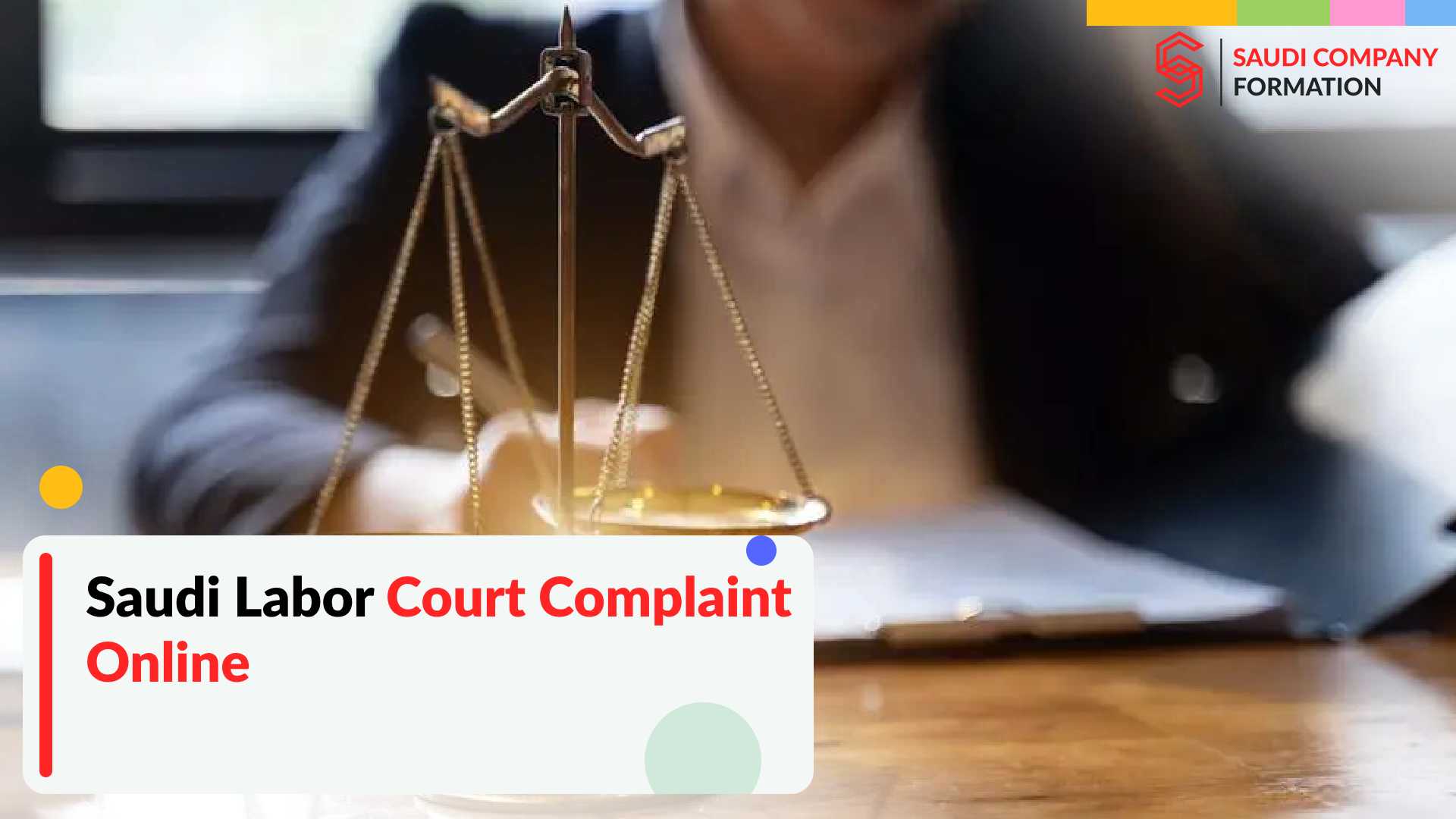If you are working in Saudi Arabia, you should be aware of the necessary notice period to end your work contract. Saudi Labor law resignation notice period is the time that you or your employer must give before terminating the contract. This period depends on the type of contract, the salary mode, and the reason for termination.
In this article we will discuss some important points to know about what is a Saudi labor law notice period in general.
Payment in lieu of Notice Period
Sometimes, you or your employer may want to end the contract without giving any notice. This could be due to personal reasons. Such as, urgent situations, or dissatisfaction with the work relationship. In this case, you can end the contract by paying the full salary for the Saudi Labor Law resignation notice period. The name for this is payment in lieu of notice. It means that you or your employer compensate the other party for not giving them enough time to prepare for the termination.
The Saudi Labor Law resignation notice period is usually 60 days for monthly-paid workers and 30 days for others. Unless the contract states otherwise. Payment in lieu of notice has its basis on Article 76 of Saudi labor law. It is calculated based on the last salary received by the worker, including all benefits and allowances. Payment in lieu of notice does not affect other rights or obligations of the parties. Such as end-of-service pay, annual leave pay, or indemnity for unfair termination.
However, it is important to remember article 75 Saudi Labor Law. Which states that the contract can finish by either party for a reasonable reason the party must provide. Resignation Saudi Labor Law varies on each case.
Notice period in a fixed-term contract
A fixed-term contract is one that has a specific duration or ends with a specific event. For example, a project contract or a contract with a non-Saudi worker. However, a fixed-term contract will end at its term. Unless both parties agree to renew it or continue to enforce it. If both parties continue to enforce the contract after its term, it will be considered renewed for an unspecified period.
To end a fixed-term contract before its term, a Saudi Labor Law resignation notice period 2021 must happen as contract states. If it does not mention the period, it will be 60 days for monthly-paid workers and 30 days for others. You or your employer can also pay in lieu of notice if necessary to end the contract without giving notice.
The Saudi Labor Law resignation notice period for a fixed-term contract tries to protect both parties from sudden termination. Also, to ensure that they fulfill their obligations until the end of the contract term. It also gives them time to find alternative arrangements or opportunities. If one party ends the contract before its term without a valid reason, they may have to pay compensation to the other party for breaching the contract.
Notice in an Indefinite contract
An indefinite contract is one that does not have a specific duration or end date. It can terminate by either party at any time, with a valid reason and a notice period. An indefinite contract is what Saudi workers or long-term workers mostly work under.
To end an indefinite contract, you or your employer must give a notice period of 60 days for monthly-paid workers and 30 days for others, unless the contract states otherwise. You or your employer can also pay in lieu of notice if you want to end the contract without giving any notice.
The notice period in Saudi Labor Law for an indefinite contract tries to ensure that both parties have enough time. Both to adjust to the termination and also find new work opportunities. Furthermore, it prevents arbitrary or without-justice termination. I also encourage mutual respect and cooperation between the parties. If one party ends the contract without a valid reason, they may have to pay compensation for violating their rights.
Termination under Article 77
Article 77 of Saudi labor law allows an employer to terminate a worker without any notice or payment in lieu of notice, if the worker commits any of the violations listed in the article. These violations include dishonesty, assault, absence, breach of duty, disclosure of secrets, and others.
However, termination under Article 77 must be due to a valid reason and evidence. Furthermore, it must be done within 15 days of discovering the violation. The employer shall notify the worker in writing of the reason and date of termination. If the termination is unfair or unfair, the worker can file a complaint with the labor office and claim compensation.
Termination under Article 77 is an exception to the general rule of giving notice or payment in lieu of notice. This manages to protect the employer from serious misconduct or damage that the worker could cause. It also serves as a deterrent and a disciplinary measure for workers who violate the rules or obligations of their work. However, the employer must exercise this right with caution and fairness, and not abuse it to terminate workers without proper grounds or due process.
Minimum Notice period
In some cases, you or your employer can end the contract without any notice or payment in lieu of notice, if there is a serious misconduct by the other party. This is based on Articles 80 and 81 of Saudi labor law.
For example, an employer can terminate a worker without any notice if the worker commits a crime, falsifies documents, causes damage, violates safety rules, or fails to perform his duties repeatedly. Similarly, a worker can resign without any notice if the employer assaults him, fails to pay his salary, breaches the contract terms, or exposes him to danger.
The party who wants to end the contract without any notice must notify the other party in writing of the reason and date of termination within 15 days of discovering the misconduct. If there is no valid reason or evidence for termination without notice, the other party can file a complaint with the labor office and claim compensation.
Article 80 and 81
Termination without notice, as it states, on Articles 80 and 81 is another exception to the general rule of giving notice or payment in lieu of notice. Its function is to protect both employer and employee from severe harm or injustice caused by the other party. It also gives them the right to end the work relationship immediately if it becomes intolerable or unsafe. However, both parties must act in good faith and honesty. Also, they cannot use this right as an excuse to avoid their obligations or responsibilities for notice period in Saudi Arabia.
You will need a day of notice for resignation under probation period Saudi Arabia. Which is up to 180 days from joining. The probation period must be stated clearly in the contract. A worker cannot work under probation more than once by one employer. Unless it is for another job or after six months from ending the previous relationship.
The probation period is a trial period for both parties to assess each other’s suitability and performance. It gives them the flexibility to end the contract quickly if they are not satisfied with the work relationship. However, it also requires them to give at least one day notice to respect each other’s time and effort.
Conclusion
The notice period Saudi Labor Law is an important aspect of employment contracts in the nation. It protects both workers and employers from sudden termination and ensures a smooth transition. Saudi Labor Law notice period varies depending on the type of contract, the salary mode, and the reason for termination. Payment in lieu of notice in case of serious misconduct can also be a replacement for this.
Both parties must follow the notice period as per the contract and the Saudi labor law, or face legal consequences. The notice period reflects values of fairness, respect, and cooperation that are essential for a healthy and productive work environment.







